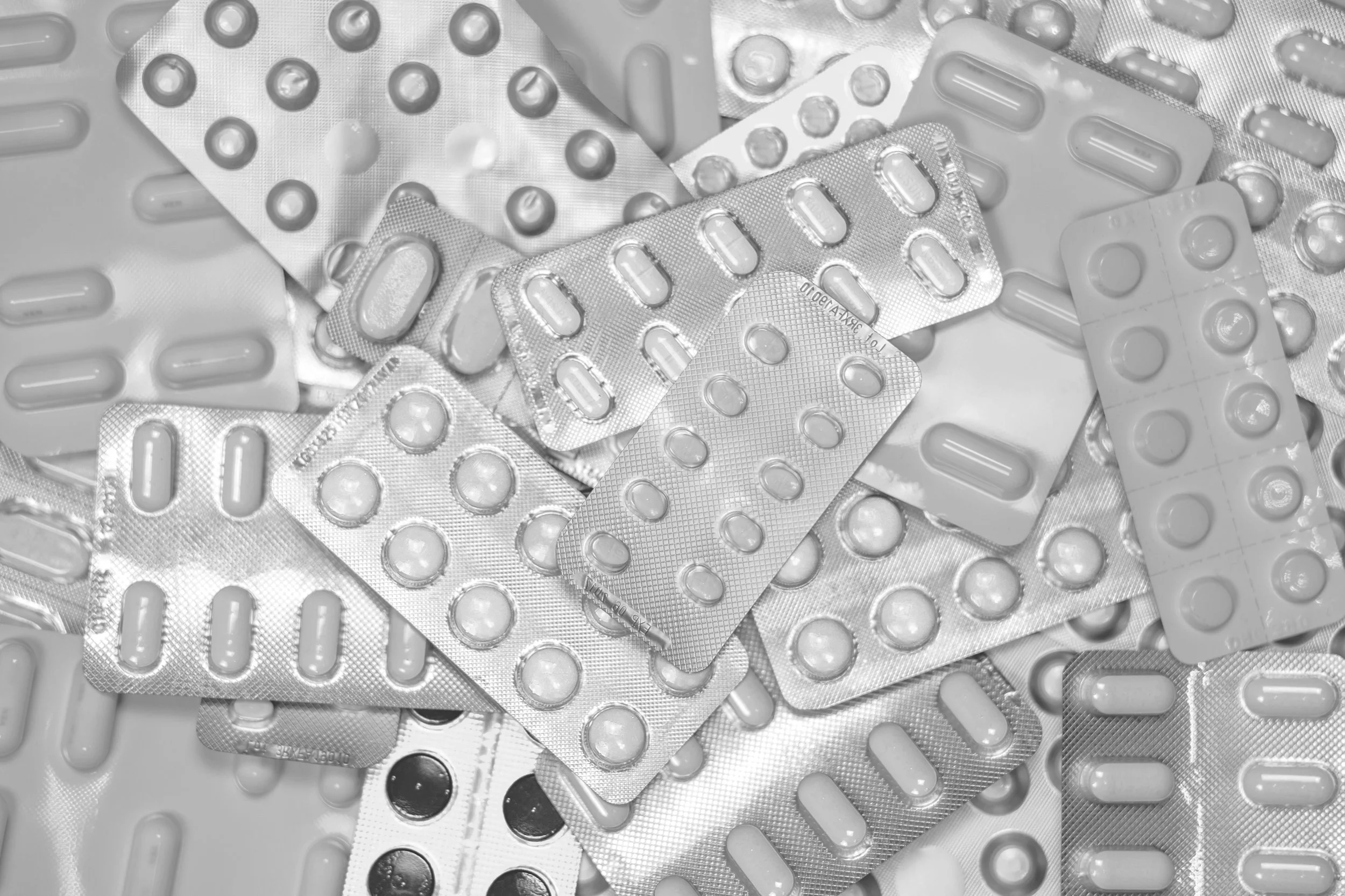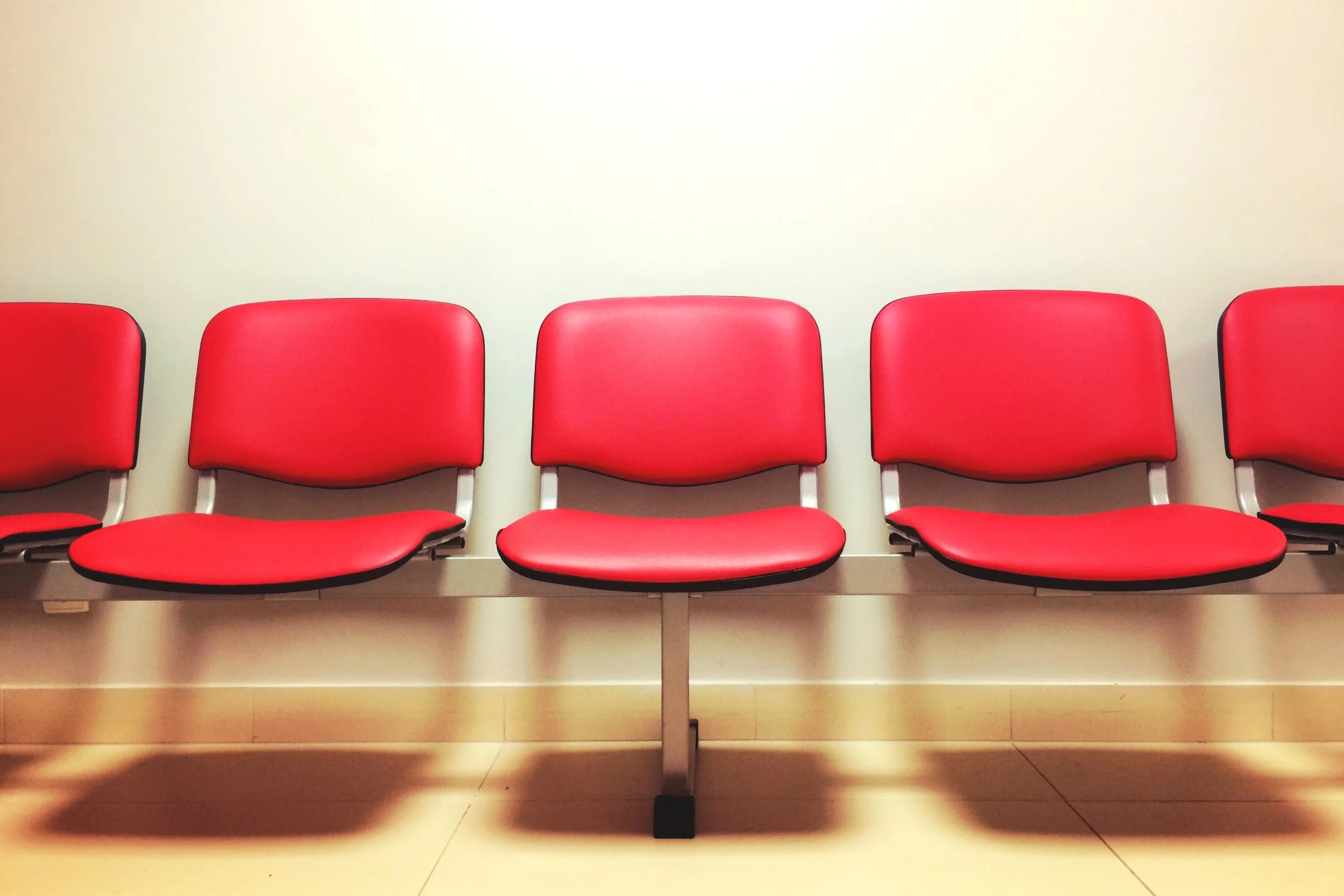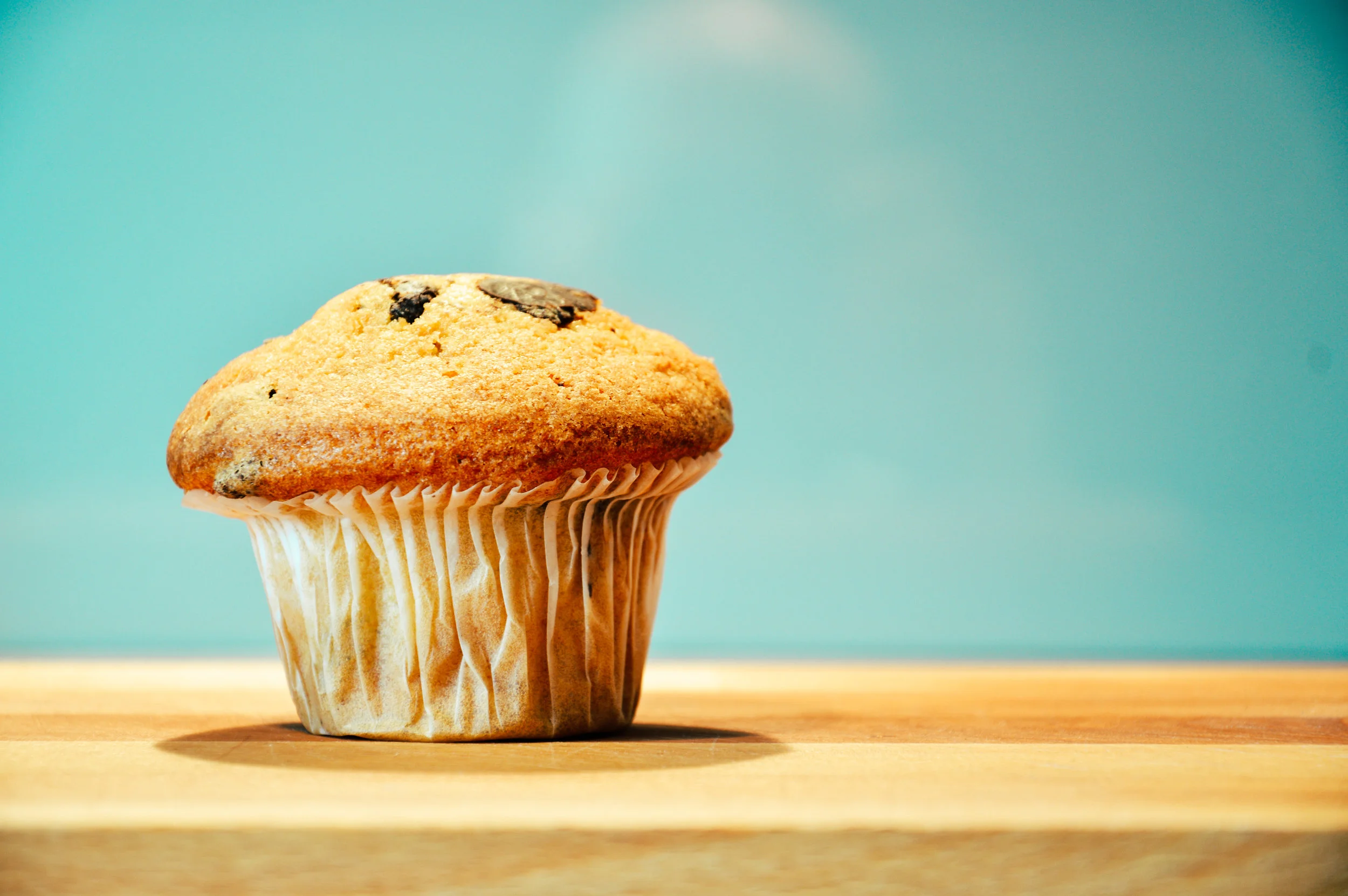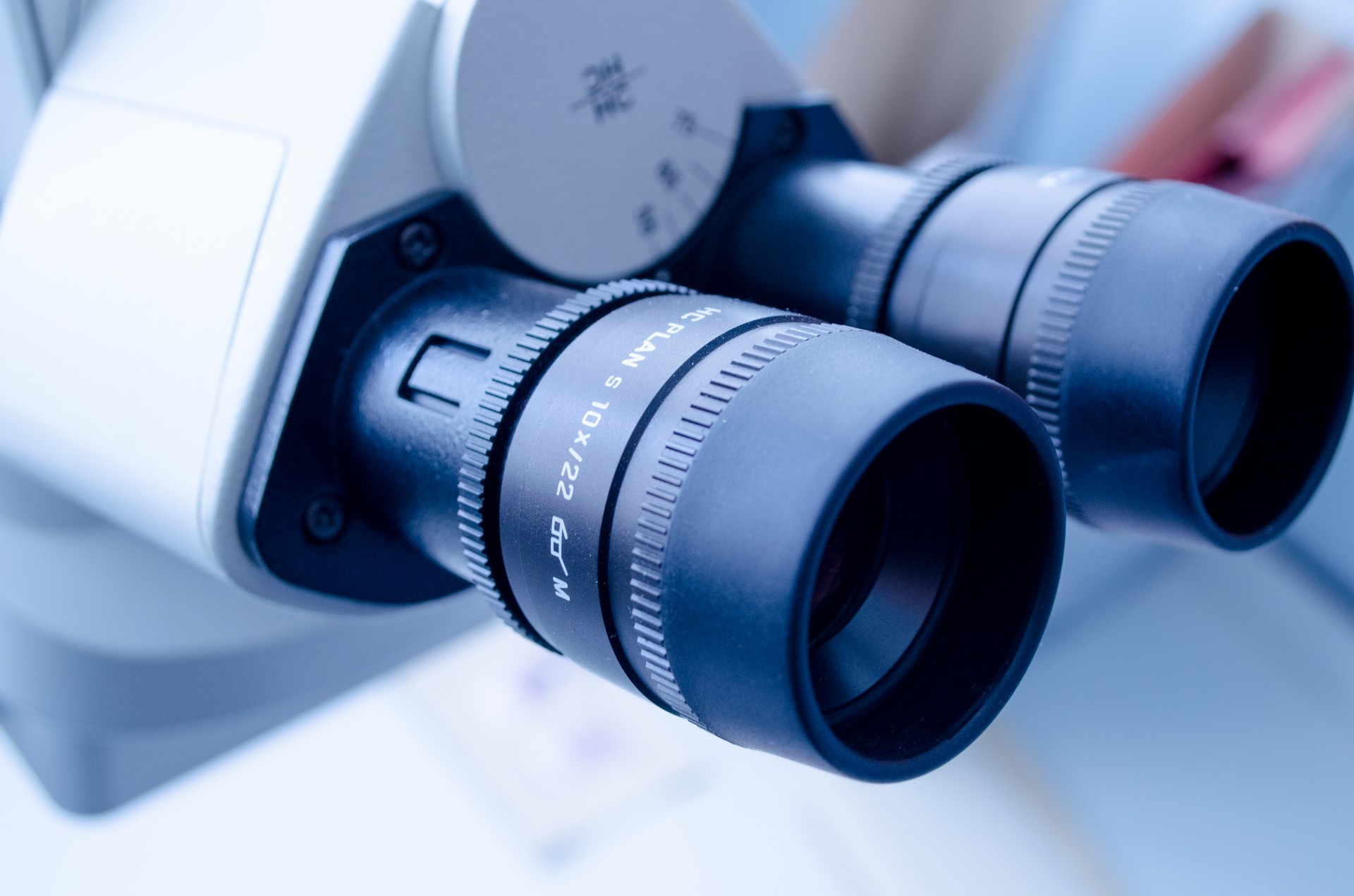testing times
a blog by a SWAP graduate
Tests make me uncomfortable, not the tests themselves but the anxiety anticipation of the outcome. Two years ago they wouldn’t have phased me, but that was before I started getting results you wouldn’t want to receive. Once the door is opened to the negative possibilities, it's all too easy to stray down the path of living your life two steps ahead of the here and now and tormenting yourself with “if this is a negative result how badly is this going to affect my life? what will I do?”
At the one-year point of diabetes, I left my doctor’s surgery knowing that (on the upside) I had my diabetes under control but (on the downside) being pushed to take Gliclazide in addition to the Metformin to further reduce my blood sugar. I may have mentioned that I have lost faith in the service so I was reluctant to take more pills. Everything I've read tells me that my current blood sugar level is good for a diabetic, so who and what do you trust?
Fortunately, my GP agreed to give me another three months to try and reduce my blood sugar levels further. So I've been attending the gym once a week and a couple of weeks ago I added swimming to the mix. Who knows whether this will work– I can but try.
My blood tests have coincided this quarter with my delayed diabetic eye complication screening (DECS) and to cap it all a mammogram – did I mention diabetes puts you at increased risk of cancer? I am seriously considering taking up Mindfulness to keep me in the here and now. Consuming a vast quantity of alcohol is sadly not an option as this can wreak havoc on blood sugar levels!
hypoglycaemia and hyperglycaemia
Alcohol affects blood sugar levels by preventing the liver from producing glucose. So in practice a night of drinking can lead to an attack of hypoglycaemia. This is somewhat counter intuitive as people think of diabetes in the context of too much sugar in the blood. It's not only alcohol that can bring on hypoglycaemia but also certain medicines which brings me back to (you guessed it) Gliclazide (another reason I'm not keen on taking them). Hypoglycaemia occurs when blood glucose levels fall below 4 mmol/L (72mg/dL).
The main symptoms associated with hypoglycaemia are:
- sweating
- fatigue
- feeling dizzy
Symptoms of hypoglycaemia can also include:
- being pale
- feeling weak
- feeling hungry
- a higher heart rate than usual
- blurred vision
- confusion
- convulsions
- loss of consciousness
- and in extreme cases, coma
As you may well imagine, this is an experience I'm keen to avoid.
Whilst we're on the subject, at the other end of the scale you have hyperglycaemia, the term for expressing high blood sugar, which has been defined by the World Health Organisation as:
- blood glucose levels greater than 7.0 mmol/L (126 mg/dl) when fasting high blood sugar,
- blood glucose levels greater than 11.0 mmol/L (200 mg/dl) 2 hours after meals
Although blood sugar levels exceeding 7 mmol/L for extended periods of time can start to cause damage to internal organs, symptoms may not develop until blood glucose levels exceed 11 mmol/L.
high anxiety
Given the definition of blood sugar levels at which organ damage occurs you can now understand why I was so upset and angry about my blood tests showing I had blood sugar levels at 7.3mmol/l three years before I was told anything was wrong. You can also now appreciate my anxiety before I have any tests. I'm concerned that having been left so long with such high blood sugar levels there's a strong possibility of getting bad news. Unfortunately, my state of nervous anxiety was not helped when I attended DECS, particularly on receiving the information given once they have administered the Tropicamide 1% eye drops.
I referred to the test in my last blog, and why the test is carried out. The test is to establish whether you have retinopathy and eye drops are administered which dilate your pupils. I won’t lie, it stings (think soap in your eyes), but it is manageable, your pupils dilate massively and you have trouble seeing, things are a bit blurry and you don’t like the light. It is at this point they give you a piece of paper with a headline in massive font entitled: Advice after receiving your dilation eye drops.
it’s not just the mercury rising, it’s my blood pressure too!
Why give someone something to read when they have just had eye drops which adversely affect their vision? Probably because after the introductory paragraph telling you to wear sunglasses, not to drive, or to operate heavy machinery and detailing how long the effects last, they hit you with the truly bad news. The drops can in some cases cause a sudden, dramatic rise in pressure within your eye (known as acute glaucoma) which will need to be treated quickly in an eye unit. Marvelous, is there any blinking good news? Forget the pressure in my eyes, what about my blood pressure????
They then go on to detail the warning signs and symptoms; blurred vision and pain or severe discomfort in your eyes.
Well, that was just peachy because guess what? I had blurred vision and my eyes were stinging – how was I to know whether or not I was suffering from acute glaucoma? On top of this the leaflet helpfully explained that you need to go immediately to an eye unit or an A&E department near you if you had the symptoms described. Well great, just how was I supposed to get there when I was on my own, not allowed to drive and I couldn’t really see? They did helpfully give you the addresses of the nearest eye units, which would be fine if you could actually see to find them. All of this took around 10 minutes, (it takes a while for your eyes to adjust so that you can read and then you read it again just to be sure you have not misunderstood). You then have to wait in a corridor for another 15 to 20 minutes before you are deemed ready to have the back of your eyes photographed. Mercifully this was very quick, you just get blinded by flashing lights and then all you can see is flashing lights! Care to guess what another symptom of acute Glycoma is? You guessed it!
Thankfully I have a sense of humour so I could see the irony in the process and the advice. My relief at getting one test out of the way saw me home on winged feet.
what's next?
Next week is the double whammy of blood tests and a mammogram. My cup overflows, Christmas must just have come early! Unless things have changed I don’t have to worry about side effects just the results. However, if this is the future, I may seriously have to look into some sort of Resilience programme, just to maintain a sanguine approach to life. It may just be a case of history repeating itself but The Bridge is currently developing just such a programme, with Mindfulness a significant part of the project. I may just have to sign myself up for the pilot!





